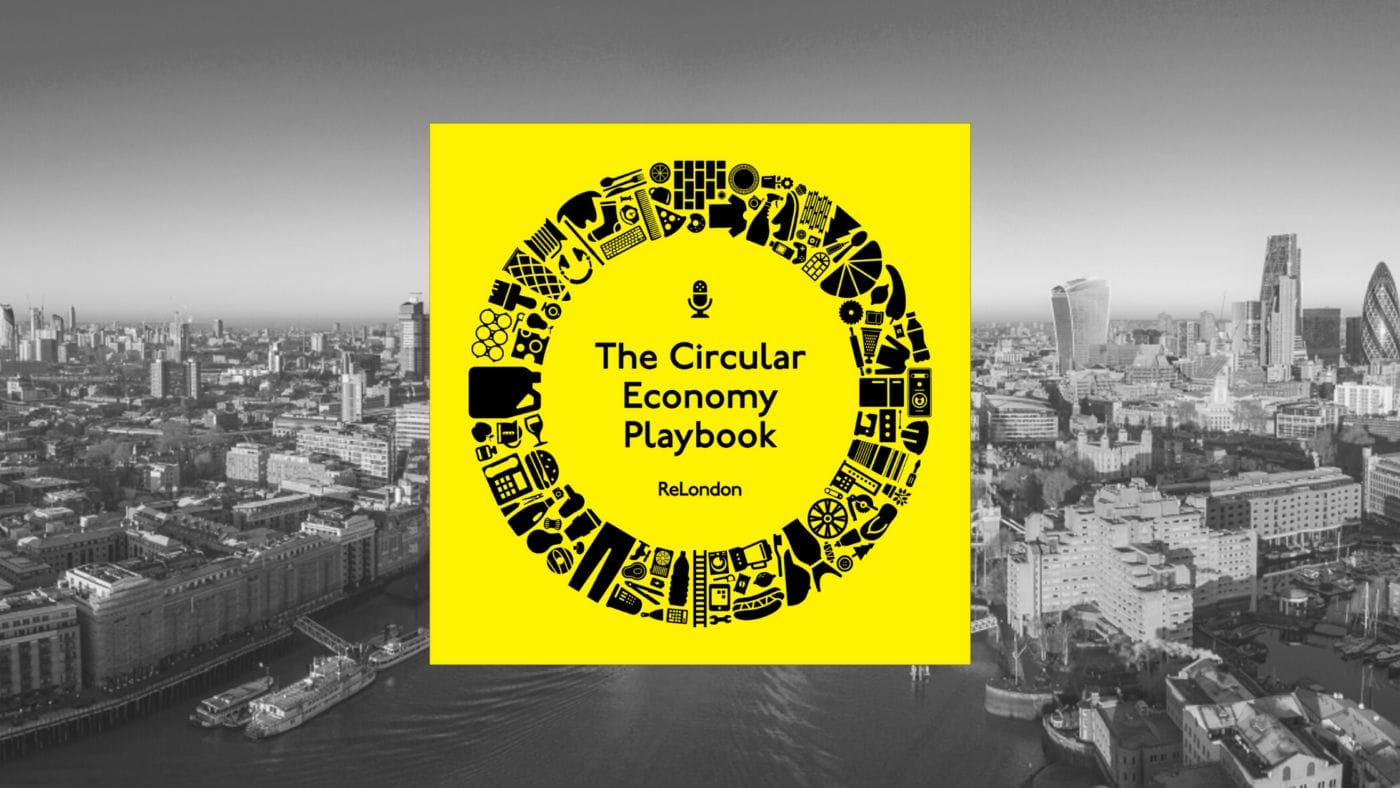In ‘The future of urban consumption in a 1.5°C world’ by C40 (a network of the world’s megacities committed to addressing climate change) food is spotlighted for being “the biggest source of urban consumption-based emissions for C40 cities in 2017.” The report adds further data to research from the likes of the FAO and the Ellen MacArthur Foundation which make the compelling case for the food sector to be among the leading target areas for climate intervention.
This is a case which ReLondon supports and which we put forward in our Circular Economy Route Map for London published in 2017, where we identified food as a key sector where a transition to a circular economy would lead to significant positive environmental and economic benefits in London and beyond.
In this episode we take a wide-lens view of our current food system with the aim of identifying where the shortfalls currently lie in the system and where some of the biggest opportunities for environmental and economic interventions are.
With thanks to our contributors:
Liz is a chemist by background. Realising the vital role that care for the environment was likely to have in the future she joined, at its inception in 2001, the Waste and Resources Action Programme (WRAP) as its first Director of Manufacturing and subsequently added the role of Director of Construction.
In 2007 Liz took on the role of CEO at WRAP which she held until June 2016. During her period at WRAP, UK recycling rates increased from 9% to 43% and food waste was reduced by 21% in 4 years. During the period of her leadership at WRAP ground-breaking collaborative agreements and schemes such as the Courtauld Initiative, Halving Waste to Landfill by the construction sector and Love Food Hate Waste campaigns were born and flourished.
Liz is now the World Resources Institute (WRI) in 2016 as Senior Fellow and Director, Food Loss and Waste. She is also a Champion of the United Nations’ Sustainable Development Goal 12.3 the aim of which is to halve food waste around the globe by 2030. And, chair of the board at LWARB.
Carolyn Steel MA (Cantab) RIBA
Carolyn is a leading thinker on food and cities. Her 2008 book Hungry City: How Food Shapes Our Lives is an international best-seller and her concept of sitopia (food-place) has gained recognition across a broad range of fields in academia, industry and the arts. Her second book Sitopia: How Food Can Save the World, was published by Chatto & Windus in March 2020.
A director of Kilburn Nightingale Architects in London, Carolyn studied at Cambridge University and has since been a visiting lecturer at Cambridge, London Metropolitan and Wageningen Universities and at the London School of Economics, where she was the inaugural Studio Director of the Cities Programme. A Rome scholar in 1995-6, Carolyn is in international demand as a speaker and her 2009 TED talk has received more than one million views.
Find out more about Carolyn and her work on her website.
Credits
Hosted by: Wayne Hubbard – CEO @ ReLondon / Ali Moore – Head of communications @ ReLondon
Produced by: Isabella Nasak Kima – Corporate communications lead @ ReLondon
Sound engineering by: Breen Turner
Want to find more podcasts?
Want to find more resources relating to the food sector?


